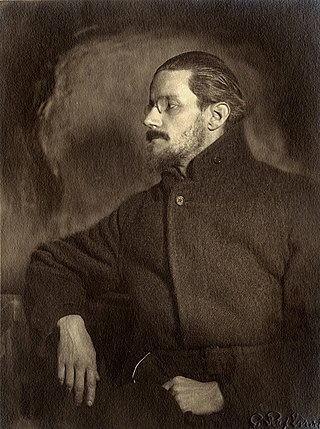
James Augustine Aloysius Joyce was an Irish novelist, poet and literary critic. He contributed to the modernist avant-garde movement and is regarded as one of the most influential and important writers of the 20th century. Joyce's novel Ulysses (1922) is a landmark in which the episodes of Homer's Odyssey are paralleled in a variety of literary styles, particularly stream of consciousness. Other well-known works are the short-story collection Dubliners (1914), and the novels A Portrait of the Artist as a Young Man (1916) and Finnegans Wake (1939). His other writings include three books of poetry, a play, letters, and occasional journalism.

Oscar Fingal O'Fflahertie Wills Wilde was an Irish poet and playwright. After writing in different forms throughout the 1880s, he became one of the most popular playwrights in London in the early 1890s. He is best remembered for his epigrams and plays, his novel The Picture of Dorian Gray, and his criminal conviction for gross indecency for homosexual acts.
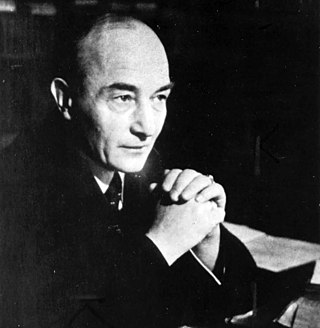
Robert Musil was an Austrian philosophical writer. His unfinished novel, The Man Without Qualities, is generally considered to be one of the most important and influential modernist novels.
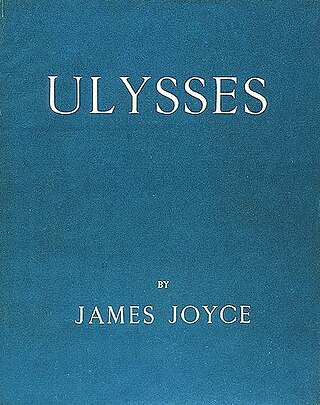
Ulysses is a modernist novel by the Irish writer James Joyce. Partially serialized in the American journal The Little Review from March 1918 to December 1920, the entire work was published in Paris by Sylvia Beach on 2 February 1922, Joyce's fortieth birthday. It is considered one of the most important works of modernist literature and has been called "a demonstration and summation of the entire movement".
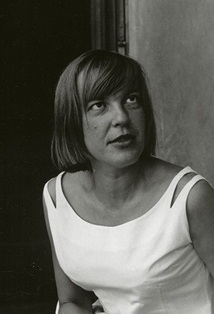
Ingeborg Bachmann was an Austrian poet and author. She is regarded as one of the major voices of German-language literature in the 20th century. In 1963, she was nominated for the Nobel Prize in Literature by German philologist Harald Patzer.
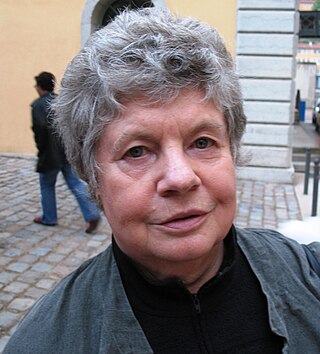
Dame Antonia Susan Duffy, known professionally by her former married name, A. S. Byatt, was an English critic, novelist, poet and short-story writer. Her books have been translated into more than thirty languages.

Elfriede Jelinek is an Austrian playwright and novelist. She is one of the most decorated authors to write in German and was awarded the 2004 Nobel Prize in Literature for her "musical flow of voices and counter-voices in novels and plays that, with extraordinary linguistic zeal, reveal the absurdity of society's clichés and their subjugating power". She is considered to be among the most important living playwrights of the German language.
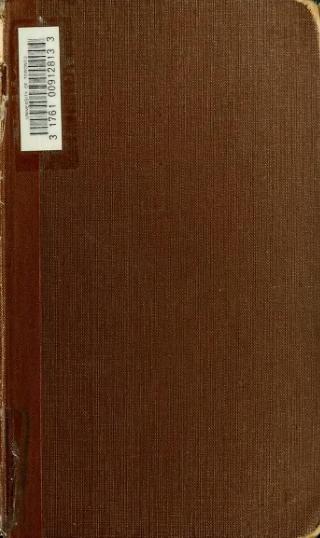
À rebours is an 1884 novel by the French writer Joris-Karl Huysmans. The narrative centers on a single character: Jean des Esseintes, an eccentric, reclusive, ailing aesthete. The last scion of an aristocratic family, Des Esseintes loathes nineteenth-century bourgeois society and tries to retreat into an ideal artistic world of his own creation. The narrative is almost entirely a catalogue of the neurotic Des Esseintes's aesthetic tastes, musings on literature, painting, and religion, and hyperaesthesic sensory experiences.

Ali and Nino is a novel about a romance between a Muslim Azerbaijani boy and Christian Georgian girl in Baku in the years 1914–1920. It explores the dilemmas created by "European" rule over an "Oriental" society and presents a tableau portrait of Azerbaijan's capital, Baku, during the Azerbaijan Democratic Republic period that preceded the long era of Soviet rule. It was published under the pseudonym Kurban Said. The novel has been published in more than 30 languages, with more than 100 editions or reprints. The book was first published in Vienna in German in 1937, by E.P. Tal Verlag. It is widely regarded as a literary masterpiece and since its rediscovery and global circulation, which began in 1970, it is commonly considered the national novel of Azerbaijan. The English translation, by Jenia Graman, was published in 1970.
Philip Michael Hensher FRSL is an English novelist, critic and journalist.
Penelope Aubin was an English novelist, poet, and translator. She published seven novels between 1721 and 1728. Aubin published poetry in 1707 and turned to novels in 1721; she translated French works in the 1720s, spoke publicly on moral and political issues at her Lady's Oratory in 1729, and wrote a play in 1730. Aubin died in April 1738, survived by her husband until his death in April 1740. After the author's death, her works were gathered and published as A Collection of Entertaining Histories and Novels, Designed to Promote the Cause of Virtue and Honor. Aubin's works have a long history after her death, being both plagiarised and published transatlantically. She is one of a number of eighteenth-century women writers whose works and biography are being more rigorously explored by modern scholars.
Marlen Haushofer was an Austrian author, most famous for her novel The Wall (1963).
Anna Wilhelmine Gmeyner was an Austrian-born Jewish writer, playwright, and screenwriter who was exiled from Germany and Austria, best known for her novel Manja (1938). She also wrote under the names Anna Reiner and Anna Morduch. Her daughter was the children's writer Eva Ibbotson.
The Wall is a 1963 novel by Austrian writer Marlen Haushofer. Considered the author's finest work, The Wall is an example of dystopian fiction. The English translation by Shaun Whiteside was published by Cleis Press in 1990.

The Children of the Dead is a novel by Elfriede Jelinek, first published in 1995 by Rowohlt Verlag. It is commonly regarded as her magnum opus. The novel won the Literaturpreis der Stadt Bremen in 1996. The prologue and epilogue were translated into English by Louise E. Stoehr in 1998, while a full English translation by Gitta Honegger was published by Yale University Press in 2024.
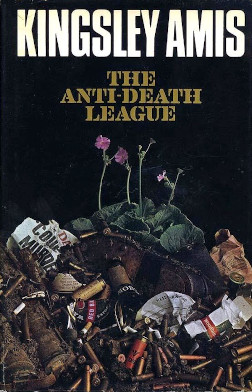
The Anti-Death League is a 1966 novel by English author Kingsley Amis (1922–1995). Set in England, it follows the lives of characters working in and around a fictional British Army camp where a secret weapon is being tested.
Joel Agee is an American writer and translator. He lives in New York.
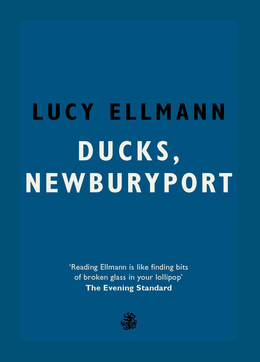
Ducks, Newburyport is a 2019 novel by British author Lucy Ellmann. The novel is written in the stream of consciousness narrative style, and consists of a single long sentence, with brief clauses that start with the phrase "the fact that" more than 19,000 times. The book runs over 1000 pages. It won the 2019 Goldsmiths Prize and was shortlisted for the 2019 Booker Prize.

The 2004 Nobel Prize in Literature was awarded to the Austrian writer Elfriede Jelinek "for her musical flow of voices and counter-voices in novels and plays that with extraordinary linguistic zeal reveal the absurdity of society's clichés and their subjugating power". She is the tenth female and the first Austrian Nobel laureate followed by Peter Handke in 2019.

Novelist as a Vocation is an essay collection written by Haruki Murakami published by Switch Publishing on 10 September 2015. An English translation by Philip Gabriel and Ted Goossen was released on 8 November 2022 by Alfred A. Knopf in the US, by Harvill Secker in the UK and by Doubleday Canada in Canada.













